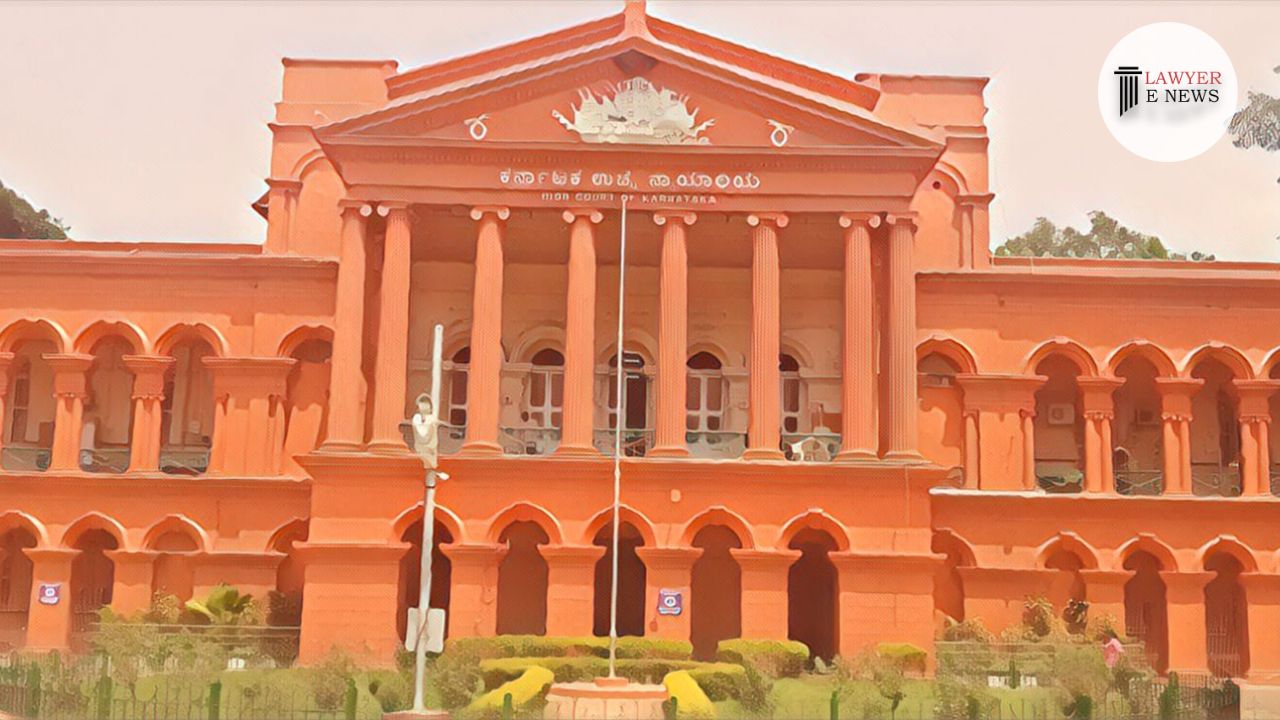-
by sayum
14 February 2026 2:22 PM



The Karnataka High Court, in a recent judgment, has upheld the conviction of an accused under Section 138 of the Negotiable Instruments Act, 1881, for cheque dishonour. The bench led by Justice Anil B Katti set aside the First Appellate Court’s acquittal, reinstating the trial court’s verdict.
Legal Point of the Judgment: The crux of the judgment revolves around the statutory presumption under Sections 118 and 139 of the Negotiable Instruments Act, which operates in favor of the cheque holder once the issuance of the cheque and the signature of the accused are admitted.
Facts and Issues: The appellant, G.E. Ramesh, had filed a criminal appeal against the acquittal of B.P. Umashankar, the respondent, in a cheque dishonour case. The cheque, amounting to Rs. 2,00,000, was issued by the respondent to discharge a legally enforceable debt for a paddy purchase but was dishonoured with the bank’s endorsement “Payment stopped by the drawer”.
Presumption of Debt: Citing judgments including “APS Forex Services Pvt. Ltd. Vs. Shakti International Fashion Linkers” and “P. Rasiya vs. Abdul Nazer”, the court emphasized the statutory presumption in favor of the holder once the issuance of the cheque is admitted.
Defense of Lost Cheque: The respondent’s defense of losing the cheque and subsequent misuse by the appellant was scrutinized. The court observed the suspicious timing of the stop payment instruction and the filing of the lost cheque complaint, undermining the credibility of the respondent’s claim.
Reassessment of Evidence: The High Court reevaluated testimonies and documentary evidence, finding the respondent’s defense untenable. The court noted that the mere denial of the transaction by the accused does not suffice as a defense, referring to the “Rangappa Vs. Mohan” and “Anss Rajshekar Vs. Augustus Jeba Ananth” judgments.
Decision: The High Court convicted the respondent under Section 138 of the Negotiable Instruments Act. The accused was sentenced to pay a fine of Rs. 2,20,000, with Rs. 2,10,000 as compensation to the complainant and Rs. 10,000 as prosecution expenses. In default, simple imprisonment for 6 months was ordered.
Date of Decision: 09th February 2024
G.E. RAMESH VS B.P. UMASHANKAR
